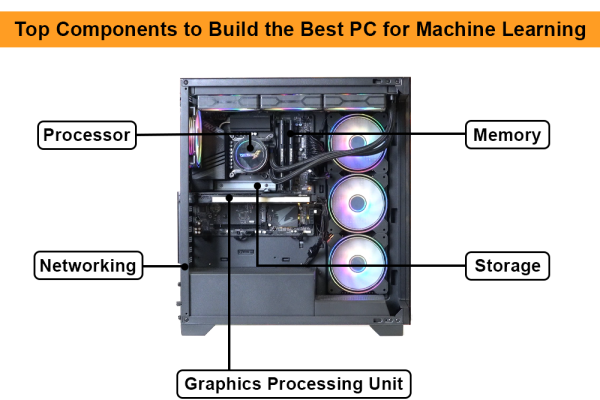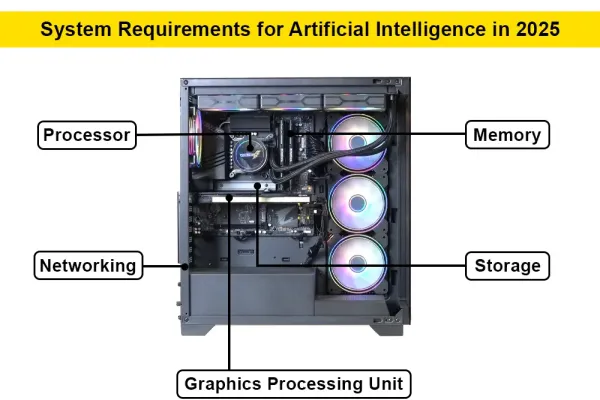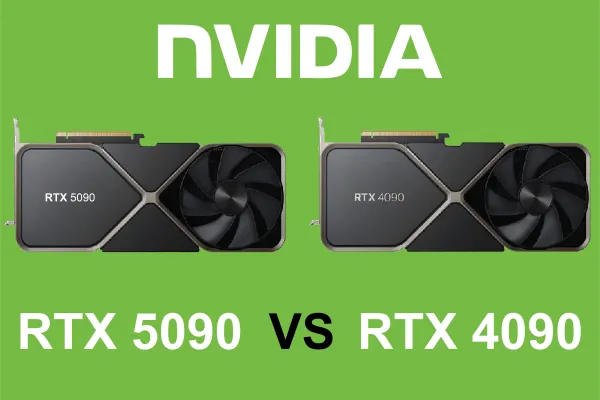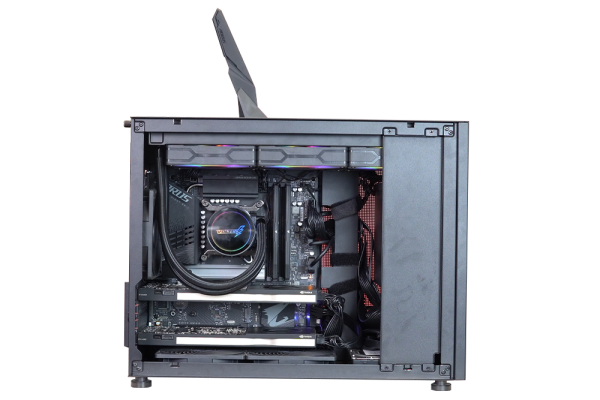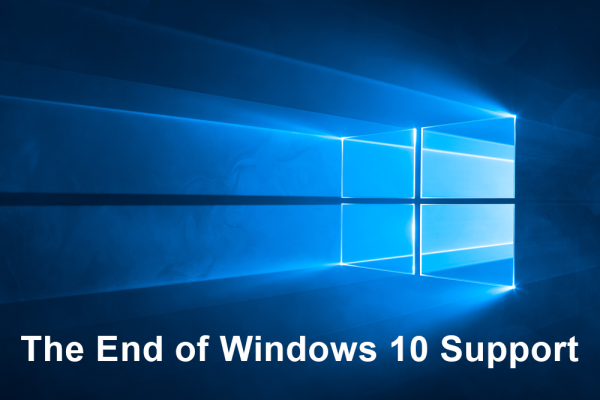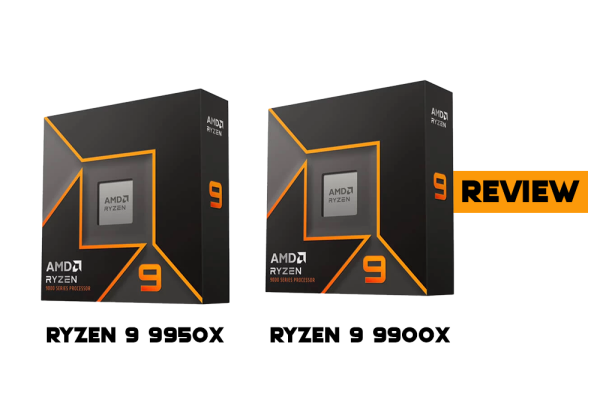
The AMD Ryzen 9 9950X and Ryzen 9 9900X Review: Flagship Zen 5 Soars - and Stalls
The AMD Ryzen 9 9950X and Ryzen 9 9900X Review: Flagship Zen 5 Soars - and Stalls
AMD has long been known for shaking up the processor market with its Ryzen series, offering incredible performance and value that often leaves Intel scrambling to keep up. With the release of the Ryzen 9 9950X and Ryzen 9 9900X, AMD is once again pushing the limits of what consumers can expect from a flagship CPU. Both processors are based on AMD’s Zen 5 architecture, promising significant improvements in processing power, energy efficiency, and multitasking performance. But does Zen 5 really deliver on all fronts? In this review, we explore how these flagship processors soar to new heights—and where they unexpectedly stall.
Overview of Zen 5 Architecture
The Zen 5 architecture represents a notable leap forward from the previous Zen 4 generation. AMD has refined its 5nm process, boosting efficiency and performance-per-watt. Both the Ryzen 9 9950X and Ryzen 9 9900X are built using this architecture, designed to maximize single-threaded performance while enhancing multi-core capabilities.
Key Highlights of Zen 5 Architecture:
- Increased Core Density: With the new architecture, AMD has been able to pack more cores into a similar footprint, especially beneficial for the Ryzen 9 9950X.
- Power Efficiency: Thanks to its refined 5nm process, Zen 5 brings substantial power savings, allowing for impressive performance gains without dramatic increases in power draw.
- Enhanced IPC (Instructions Per Cycle): Zen 5 boasts an estimated 15% improvement in IPC over Zen 4, giving it an edge in both gaming and productivity tasks.
- New AI Acceleration: Both processors feature AMD's new AI engine, optimized for tasks like machine learning and data analysis.
Ryzen 9 9950X vs. Ryzen 9 9900X: Specs Comparison
|
Feature |
Ryzen 9 9950X |
Ryzen 9 9900X |
|
Cores/Threads |
16/32 |
12/24 |
|
Base Clock |
4.0 GHz |
3.8 GHz |
|
Boost Clock |
Up to 5.7 GHz |
Up to 5.5 GHz |
|
L3 Cache |
80 MB |
64 MB |
|
TDP |
170W |
150W |
|
Process Node |
5nm |
5nm |
|
Integrated Graphics |
Yes, RDNA 3 graphics |
Yes, RDNA 3 graphics |
|
PCIe Version |
PCIe 5.0 |
PCIe 5.0 |
|
Memory Support |
DDR5 |
DDR5 |
While the 9950X takes the spotlight with more cores and a slightly higher boost clock, the 9900X offers a slightly more accessible option for users who don’t need the absolute maximum cores but still want a powerful multi-threaded experience.
Performance Breakdown: Soaring in Benchmarks
1. Gaming Performance
Both the 9950X and 9900X demonstrate impressive performance in gaming. The higher IPC and clock speeds of Zen 5 translate to smoother gameplay, especially at higher resolutions. The 9950X, with its 16 cores, may seem like overkill for gaming, but it shines in titles optimized for multi-threading. For standard gaming, though, the 9900X is more than sufficient, often matching or even surpassing Intel’s latest in raw FPS output.
2. Productivity and Content Creation
The Ryzen 9 9950X and 9900X excel in multi-threaded tasks like video editing, 3D rendering, and software development. In benchmarks, both chips outperform Intel's latest offerings in applications that utilize all cores. The 9950X, in particular, is a powerhouse, shaving minutes off rendering times compared to the 9900X and outperforming the previous Ryzen 9 7950X by up to 20%.
3. AI and Machine Learning Tasks
With the Zen 5 AI engine, these processors offer enhanced performance in tasks like data modeling, making them competitive with Intel’s AI-focused chips. The AI engine, however, is still new to AMD’s lineup and isn’t fully optimized across all applications, meaning users in AI-intensive fields may see only moderate gains.
The Stall: Where Ryzen 9 9950X and 9900X Fall Short
Despite their remarkable specs and improvements, both the Ryzen 9 9950X and 9900X do have some limitations:
1. Thermal Management
Both processors have higher TDP ratings, with the 9950X reaching 170W. This can lead to significant heat generation under heavy load, requiring robust cooling solutions. Users without high-end cooling systems may experience throttling during extended workloads, which could affect performance.
2. Power Consumption
While Zen 5 is more efficient than previous architectures, the performance gains still come at a cost. Both chips draw considerable power under load, which could be a drawback for users conscious of power usage, especially in scenarios where the system is constantly under high demand.
3. Pricing
The flagship status of these processors means a premium price tag. The Ryzen 9 9950X, in particular, is priced at a level that may be hard to justify for users who don’t require extreme multi-core performance. The 9900X, though more affordable, is still positioned at the higher end, potentially limiting its accessibility.
Final Verdict: The Pros and Cons of AMD’s Zen 5 Flagships
Pros:
- Exceptional multi-core performance, especially on the 9950X.
- Improved IPC and single-threaded performance, ideal for gaming and productivity.
- RDNA 3 integrated graphics provide decent performance for non-gamers.
- PCIe 5.0 support and DDR5 memory compatibility.
Cons:
- High power consumption and thermal output under load.
- Pricing may be out of reach for budget-conscious users.
- Limited software support for the AI engine at launch.
Conclusion: Worth the Investment?
The Ryzen 9 9950X and Ryzen 9 9900X are undeniably powerful processors that set a new standard for high-performance computing. With the Zen 5 architecture, AMD has made impressive strides in both efficiency and performance, offering chips that perform exceptionally well in gaming, productivity, and even AI tasks. However, high power requirements, thermal demands, and premium pricing may deter some buyers.
For enthusiasts, content creators, and professionals who need the best multi-core performance, the Ryzen 9 9950X is hard to beat. But for most users, the Ryzen 9 9900X delivers more than enough power, making it the more practical choice.
AMD's latest processors have soared to new heights with Zen 5, but a few stalls along the way remind us that even the best technology has its compromises.
Posted 1 year ago
by Armaan



